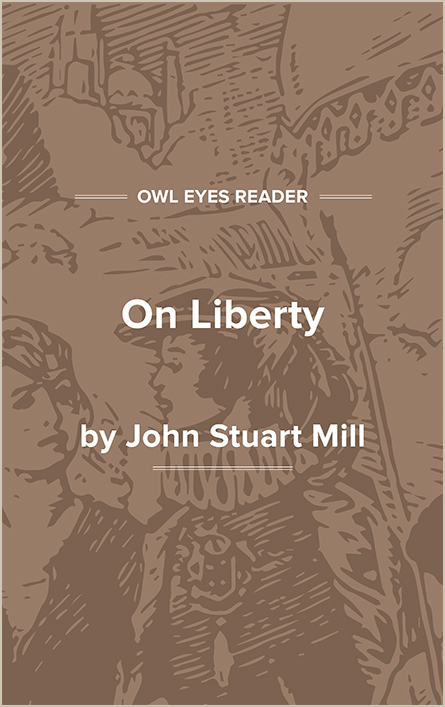Analysis Pages
John Stuart Mill Biography
Article abstract: Desiring the greatest possible happiness for individual men and women and an England with the greatest possible justice and freedom, Mill questioned all assumptions about knowledge and truth and made what was observed the starting point of his discussions.
Early Life
John Stuart Mill was the eldest of nine children born to James Mill and Harriet Burrow. James Mill, the son of a shoemaker, with the help of his patron, Sir John Stuart, attended the University of Edinburgh, where he studied philosophy and divinity. He qualified for a license to be a preacher but soon lost his belief in God. In 1802, in the company of Sir John Stuart, who was then a member of Parliament, James Mill went to London to earn his living as a journalist.
Two years after the birth of John Stuart Mill, James Mill began his association with Jeremy Bentham, twenty-five years older and the founder of utilitarianism. James Mill became Bentham’s disciple and the principal disseminator of utilitarianism. Along with free trade, representative government, and the greatest happiness of the greatest number, a major belief of utilitarianism is that education offers vast possibilities for improving humankind. The association between James Mill and Bentham, therefore, was to have a profound effect on the childhood, and indeed on the entire life, of John Stuart Mill, for he became the human guinea pig upon whom Bentham’s ideas on education were enacted. Under the direction of his father, John Stuart Mill was made into a Benthamite—in John’s own words, “a mere reasoning machine.”
James Mill began John’s education at the age of three, with the study of Greek, and it was not long before the boy was reading Aesop’s Fables. By the time he was eight and began the study of Latin, he had read a substantial body of Greek literature, including the works of the historian Herodotus and much of Plato. In the opening chapter of his Autobiography (begun in 1856 but published posthumously in 1873), Mill gives a detailed account of his prodigious feats of reading. Much of his studying was done at the same table at which his father did his writing. On the morning walks with his father, Mill recited the stories he had read the day before. In his Autobiography, he states: “Mine was not an education of cram. My father never permitted anything which I learnt to degenerate into a mere exercise of memory.” The purpose of the education was to develop the greatest possible skills in reasoning and argumentation. Those skills then were to be used for the improvement of humanity.
In the year of John’s birth, James Mill began to write a work that would be eleven years in the making, his History of British India (1818). In his Autobiography, John tells of his part in the making of that formidable work, reading the manuscript aloud while his father corrected the proof sheets. He goes on to say that the book had a great influence on his thinking. The publication of History of British India led directly to James Mill’s appointment to an important position in the East India Company, through which he was able to have a considerable impact upon the behavior of the English in India.
The final episode in James Mill’s education of his son was the work they did with David Ricardo’s treatise On the Principles of Political Economy and Taxation (1817). On their daily walks, the father gave lectures to the son drawn from Ricardo’s work. On the following day, the son produced a written account of the lecture, aimed at clarity, precision, and completeness. From these written accounts, James Mill then produced a popularized version of Ricardo, Elements of Political Economy (1821); this exercise in the thinking of Ricardo also formed the basis of one of John Stuart Mill’s great works, the Principles of Political Economy. When he and his father finished with Ricardo, John was fourteen and was allowed to be graduated from James Mill’s “academy.”
John then spent a year living in...
(The entire page is 4,066 words.)
Owl Eyes subscribers get unlimited access to our expert annotations, analyses, and study guides on your favorite texts. Master the classics for less than $5/month!

